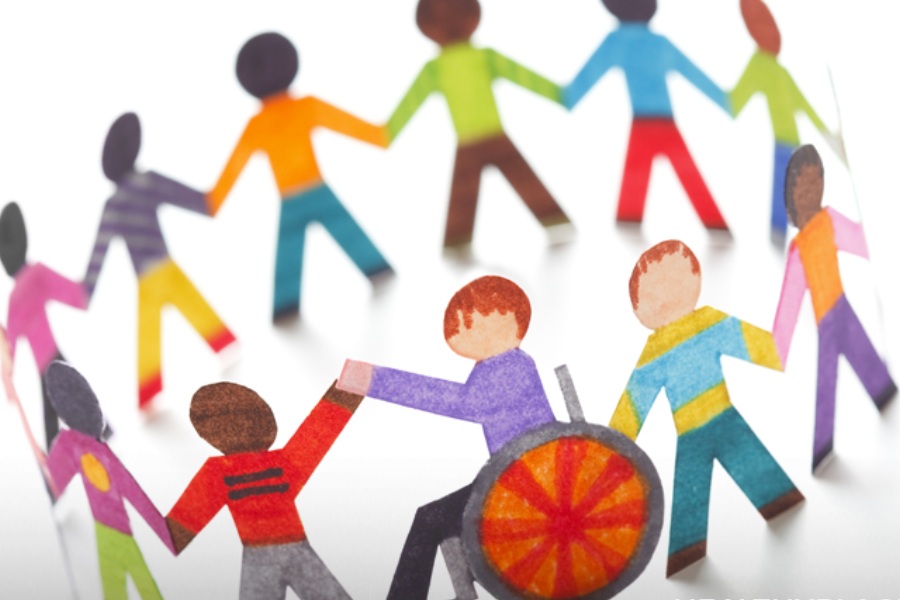Teachers in mainstream schools need to be sensitised and trained in working with special needs children in classroom to ensure inclusion, said psychotherapists and special educators who work with children with special needs.
Without training, teachers lose the confidence that they will be able to reach out to special needs children in the classroom. Training would equip them to make accommodations so diverse sets of students in the class can be addressed, said professionals who have worked with special needs children.
“Teachers at mainstream schools need to increase their knowledge, understanding and training to deal with children with special needs and reach out to them. If it (the task of educating such children) is only left to special educators, schools will struggle,” said psychotherapist Farishta Dastur Mukerji.
Understanding leads to empathy, Dastur Mukerji said.
Lack of training or knowledge can thwart a teacher’s attempt at reaching out and that would be detrimental to the child, she said.
“When a teacher sees a child with special needs, she feels she cannot deal with them or that the child is not capable of doing anything, both of which are wrong. If a teacher is sensitised, she would use certain ways such as worksheet-based learning or integrating co-curricular with academics. That will benefit children with special needs,” said Pradipta Kanungo, director of Bloomingdale Academy High School, an inclusive school in Madurdaha.
Reena Sen, a former executive director of the Indian Institute of Cerebral Palsy who has worked with children and other persons with special needs for over 40 years, said every classroom has three kinds of students — average, above-average or gifted, and below-average. Teacher should know how to address all three categories of students.
“More and more schools are getting children who need additional support, though they are not diagnosed as ones with special needs. So there has to be a seamless collaboration between regular teachers and special educators,” said Sen.
Training helps a teacher teach subjects keeping in mind the needs of all categories of students, she said.
A trained, sensitive and aware teacher can make accommodations in her classroom, said experts.
“For example, if there is a child with a minor hearing impairment, they can be made to sit in the front row.... Learning cannot be equal but has to be equitable,” said Madhumita Dasgupta, deputy head, training and human resource development, Indian Institute of Cerebral Palsy.
Some schools cite inadequate infrastructure for not being able to take in children with special needs.
“There has to be a change in mindset to bring about a change in the system. Otherwise, it will never be the right time,” said Dasgupta.
